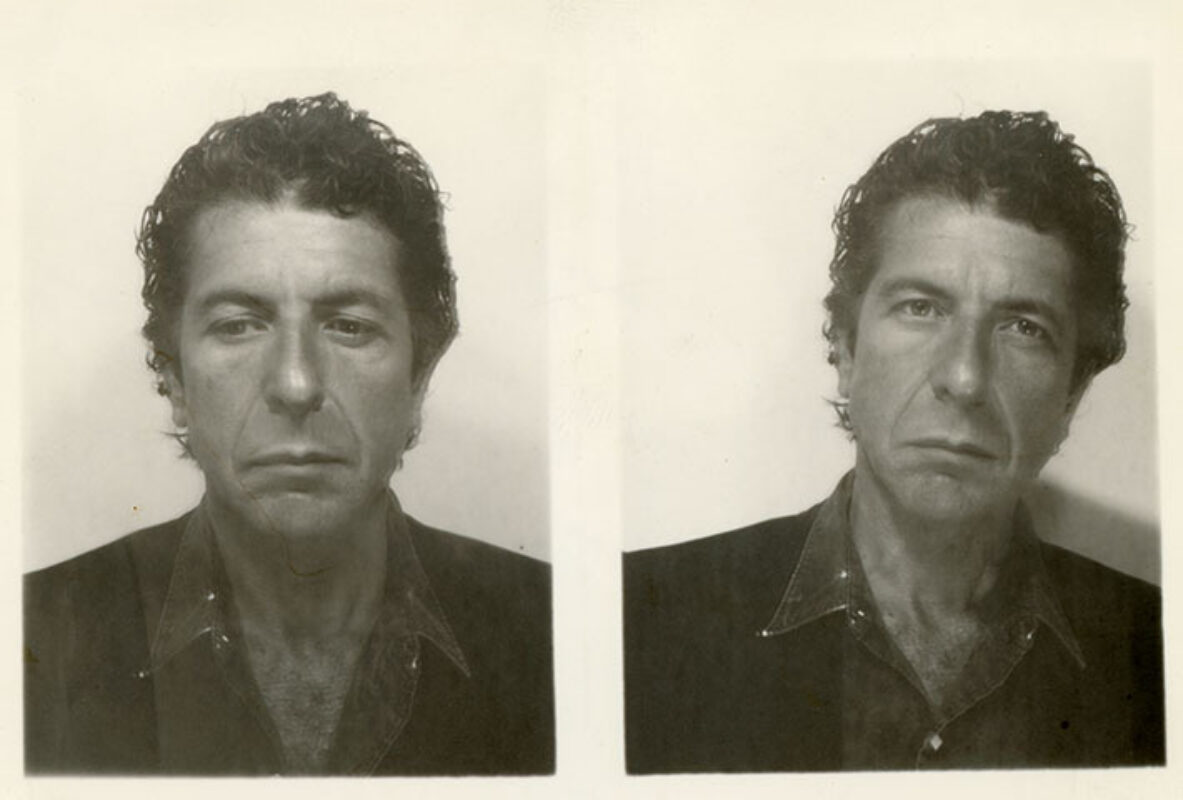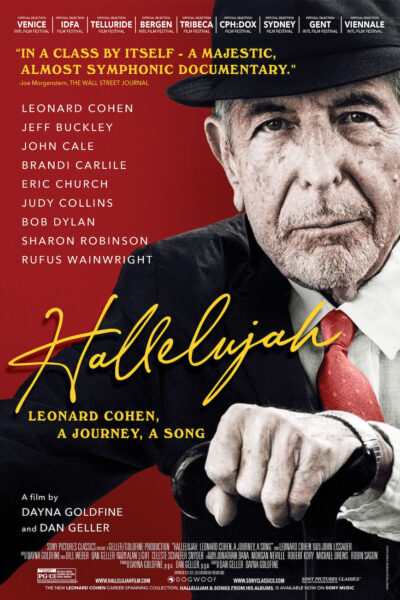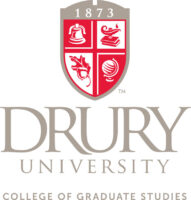"It is a rare song that deserves its own book, but Hallelujah is one of them."
— Brad Wheeler, The Globe and Mail (Toronto)
"Fans of Leonard Cohen, and there are millions of them, will be enthralled by this portrait of 'a kind of modern minstrel'."
— David Stratton, The Australian
"A rousing portrait of the power of expression, something that Leonard Cohen perfected more than most songwriters that ever lived."
— Brian Tallerico, RogerEbert.com
"Hallelujah is one for the fans, thorough and informative, like a set of cinematic liner notes, largely content to marvel at the majesty of its subject and the vibrant afterlife of his work."
— Xan Brooks, Guardian
"The documentary’s account of the song’s fate, indebted to Alan Light’s book 'The Holy or the Broken,' is a fascinating study in the mechanics and metaphysics of pop-culture memory."
— A.O. Scott, The New York Times
"The film delves into every aspect of Cohen’s 'Hallelujah' – the amount of time it took to write the song, the meaning of the song, the different covers of the song, and just what did Cohen think about it."
— Sarah Jane, Austin Chronicle
"A densely detailed biography of the Canadian poet, singer and songwriter that was directed by Dayna Goldfine and Dan Geller, this majestic, almost symphonic documentary is also a chronicle of the singular song Cohen wrote."
— Joe Morgenstern, Wall Street Journal
"Filmmakers Dan Geller and Dayna Goldfine, inspired by the Alan Light’s book The Holy or the Broken: Leonard Cohen, Jeff Buckley & the Unlikely Ascent of Hallelujah, leave almost no stone unturned in their quest to examine the enduring appeal of “Hallelujah” across the years and mediums."
— Kim Hughes, Original-Cin
"Rather than structure their movie as a chronological biography, the co-directors, Daniel Geller and Dayna Goldfine, wisely focus on the genesis of Cohen’s most celebrated and performed song, 'Hallelujah.' This approach allows them to interweave Cohen’s entire career while also avoiding the one-thing-after-another sprawl that often bogs down these kinds of films."
— Peter Rainer, Christian Science Monitor







